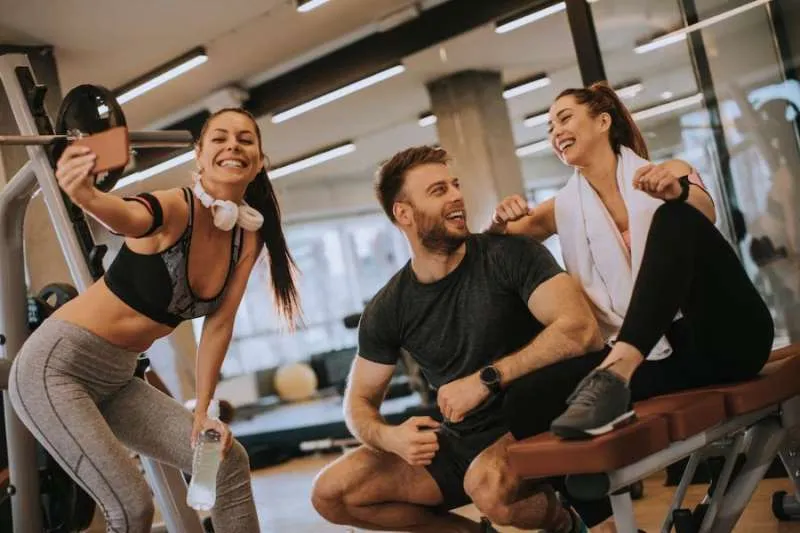Gen Z Chooses Gym Over Pub as Fitness Boom Reshapes UK Social Scene
- Oasis FM
- 06-04-2025
- Showbiz News
- Photo Credit: Freepix
A record number of Britons are swapping nights out for workout sessions, with Generation Z leading a major cultural shift towards fitness-focused socialising instead of traditional drinking in pubs. The gym is becoming the new social hub for many young adults, offering a space to meet friends, de-stress, and stay healthy, all while avoiding the hangover.
According to new data from trade body UKActive, 11.5 million people aged 16 and over now hold a gym membership in the UK, marking a 16% increase from 2022’s 9.9 million. This surge means that one in six Britons is now signed up to one of the country’s 5,600 public health and fitness clubs, reflecting a nationwide movement towards healthier lifestyles.
The trend is particularly strong among younger adults, especially Gen Z (those born between 1997 and 2012), who are reshaping how socialising takes place. Instead of meeting up in a pub or bar, many now prefer catching up during a gym session, group workout class, or even a recovery session at a wellness-focused venue. Social training, which involves working out with friends or in group environments, has become a defining feature of the modern gym experience.
This health-conscious shift is also driving a financial boom in the fitness industry. Membership revenue has skyrocketed from £4.1 billion in 2022 to £5.2 billion in 2024, with younger adults making up the bulk of new sign-ups. In 2023 alone, over 600 million visits were recorded at health and fitness clubs, pushing total industry revenue up by 9% to £5.7 billion in 2024.
Gym operators are adapting to the shift by incorporating more social elements into their facilities. Many now offer lounge areas, recovery spaces, and juice bars, as well as hybrid experiences that blend fitness with entertainment, such as DJ-led spin classes, wellness retreats, and even post-workout networking events.
The move away from drinking culture is part of a broader generational change, with Gen Z showing a greater focus on mental and physical well-being than previous generations. While traditional nightlife still holds appeal, many younger adults are prioritising self-care, opting for early morning workouts over late-night parties.
Wth the fitness industry booming and social attitudes shifting, the days of meeting friends over a drink could soon be replaced by social sweat sessions, where the new happy hour takes place in a high-intensity interval training class, not at the bar.


























